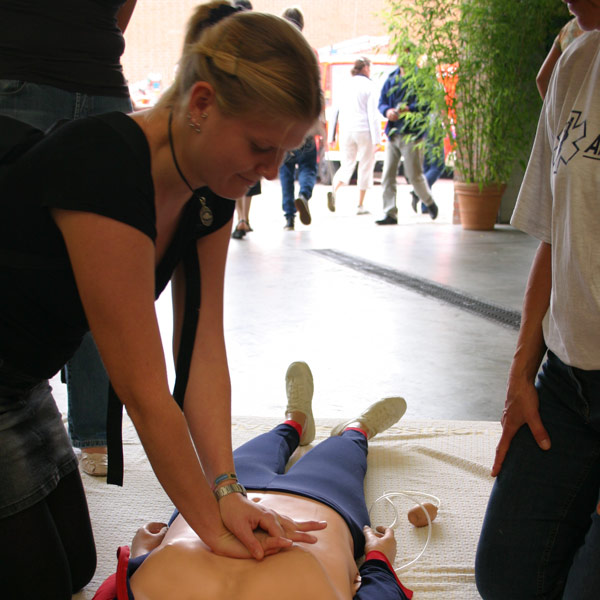
FRIDAY, Jan. 15 (HealthDay News) — New research based on the experiences of atomic-bomb survivors has found a link between exposure to moderate levels of radiation and higher levels of heart disease and stroke.
It’s not clear, however, if the radiation directly causes the diseases, nor is it clear if there’s a link between lower doses and the health problems.
High doses of radiation to the heart, head or neck have been shown to boost the risk of heart disease or stroke later in life. But the effect of lower doses — 1 gray (Gy) or less — needs clarification, experts say, at least in part because of the increasing use of medical scans that rely on radiation.
Average radiation exposure from medical procedures is considerably lower and usually measured in milligray (mGy). An abdominal X-ray exposes the recipient to 1.4 mGy (0.0014 Gy), and an abdominal CT scan puts out a radiation dose of 8.0 mGy (0.008 Gy), according to background information in a news release from BMJ. The journal published a report on the new research online Jan. 15.
For the study, researchers from the Radiation Effects Research Foundation in Japan examined the medical records of 86,611 Hiroshima and Nagasaki atomic-bomb survivors who were followed from 1950 to 2003. All had been exposed to radiation doses from 0 to 4 Gy, with 86 percent exposed to less than 0.2 Gy.
After taking into account the possible effects of such factors as smoking, education and obesity, the researchers determined that the rates of stroke and heart disease went up among those who were exposed to doses higher than 0.5 Gy, which they labeled moderate. They did not clarify how lower doses affected risk.
In an accompanying commentary, Mark Little, of Imperial College London, agreed with the researchers that future study should explore whether low doses of radiation affect the body’s biological mechanisms in similar ways.
More information
The U.S. Environmental Protection Agency has more on the health effects of radiation.

